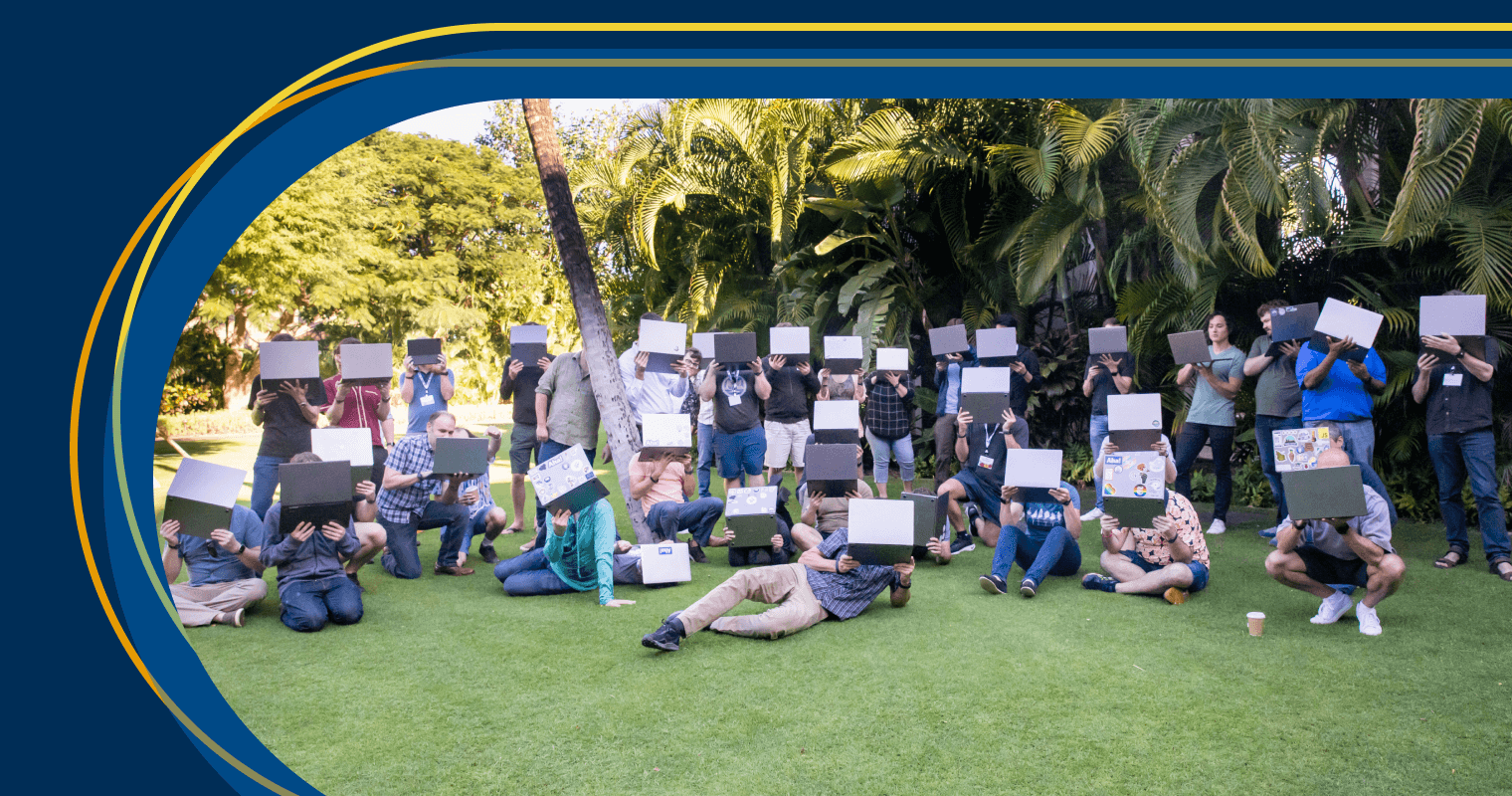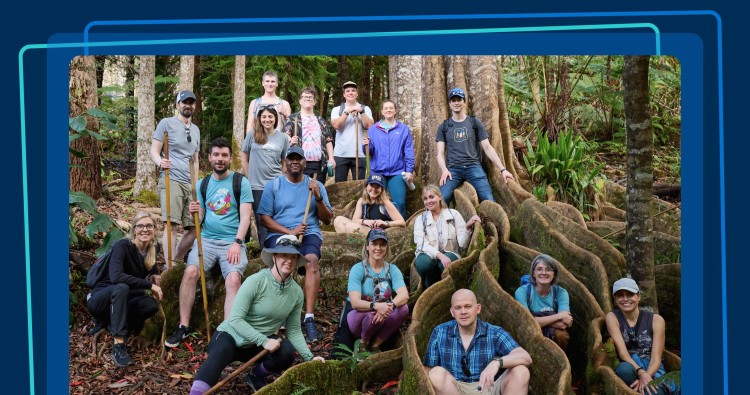
Ostriches walking away at South Africa's Kruger National Park | Photo by Brian de Haaff
Bad companies happen to good people
I am fortunate. As co-founder and CEO of Aha! I have the opportunity to meet and speak with different folks from all over the world with unique backgrounds. Whether it is a customer call or an interview with a job candidate, my goal is always the same: one fresh insight from the conversation. This is how I know that most people have a lot to offer. But the organizations they are at do not always provide the opportunity for them to be their best.
Bad companies happen to good people all the time. And unfortunately, they happen more often right now.
The mass layoffs in tech over the last few years have been well covered in the news. The numbers were staggering. I wrote a few blog posts and newsletters myself about the situation — about what to do when layoffs hit your company, the excuses companies gave at the time, and what we all might be able to learn from the experience.
It is true that many organizations were wracked by shifting markets and challenging world events both pre- and post-pandemic. There was definitely some needed right-sizing at technology companies that hired with wild abandon. But I thought I was done writing about the negative impact of cost-cutting measures for a while. I was wrong.
Instead of a “return to normalcy,” it seems like riding the waves of major change is the new normal. Many large tech companies are posting profits while simultaneously contracting their workforce to fine-tune margins. It is tiring and sometimes life-altering for those affected.
It feels different from the dot-com bust and economic recession of 2007-2008 because the losses keep rolling. Folks continue to weather reorgs, reduced budgets, rescinded offers, and the aforementioned layoffs. Cost-cutting is the de facto go-forward plan — hurting folks on the way out and mistreating those who survive.
One survey showed 85% of respondents live in fear of the next round of layoffs. I spoke with someone whose company actually eliminated performance reviews to avoid conversations about annual pay increases. Another shared that sales compensation structures changed midyear, ensuring many folks earned less than expected. This type of bad behavior is unnecessarily harming good ideas and good people.
Disruptive change is a hallmark of many great companies — but it should describe the value you deliver, not the way you impact people.
I have been thinking about the business environment even more deeply as Aha! marks 11 years as a business … well, today actually. Aha! is a different type of company. And although I often describe us as unique, I think what we do is quite similar to what companies have done for hundreds of years.
We run the business to be profitable and provide value for everyone involved. We make decisions aimed at lasting sustainability. We prioritize strength and stability over growth at any cost. We take a human-centric approach to growing the business. This approach is much more stable, but that does not mean it is easy.
The Aha! way demands exceptionally high performance from everyone involved — we must be disciplined, use time and money wisely, and stay true to long-term goals. That is because we operate with a relatively small team for the significant number of customers we serve and for the meaningful revenue we generate. Great effort is required, and individuals need to take a team-first approach to both personal and company success.
I recognize that many folks who are reading this work at companies that operate antithetically to what I just described. Many bad companies are filled with good people who want to do good work. Despite your best efforts, you might still experience the fallout of bad decisions by others.
Where do we go from here? Those of us who are leaders in title or action have a moral responsibility to model better behavior.
Adopt principles and habits that lead to sustainable growth. Put delivering value for people above managing the board's and Wall Street's perceptions. Do your best to always make sound decisions based on the information you have. Never put the team at risk with financially imprudent moves. Give folks the structure needed to achieve. And absolutely create space for individuals to contribute and be rewarded for it.
Please stay hopeful. Continue to believe that over the long run, the future has typically been better than the past — especially for sustainably profitable companies.
Aha! is hiring for key roles. Check out our current openings.




